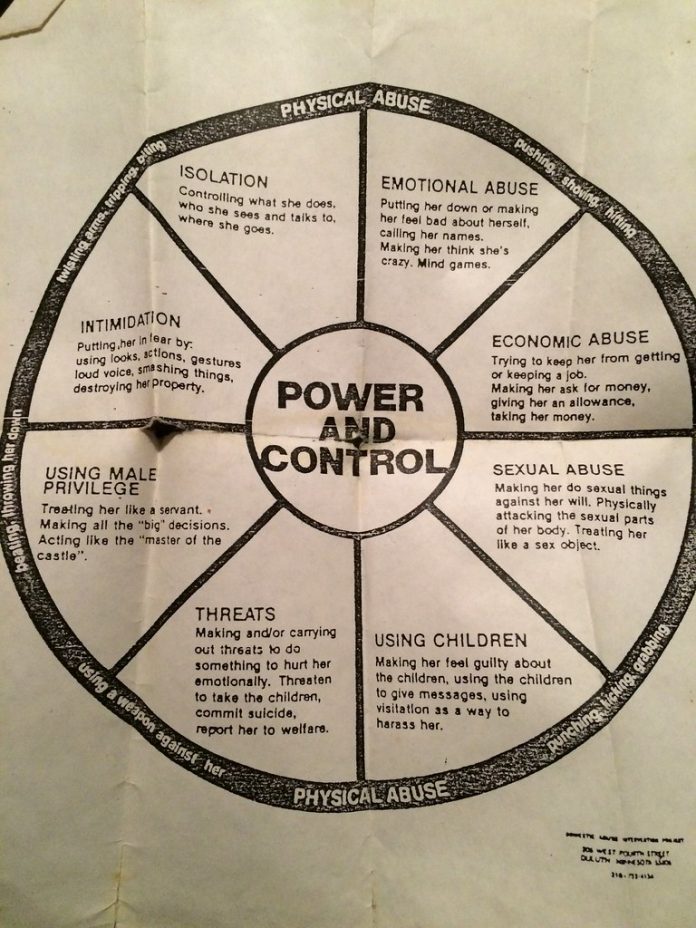Students want more discourse on campus, but that means protecting the right of faculty members to speak freely.
Wanted: Open Dialogue and Academic Freedom
According to a study cited by Mark McNeilly, a Professor at the Kenan-Flagler Business School at UNC Chapel Hill, 50% of liberal students and 67% of conservative ones want more opportunities to have constructive discourse with peers who have opposing political views.
To that end, UNC took a number of actions to improve academic freedom, free expression and promote dialogue. Subsequently, they have achieved high FIRE (Foundation for Individual Rights and Expression) ratings, ranking 26th out of 200+ universities in 2022. FIRE, which is “opposed to limiting classroom discussion, scholarly inquiry and public debate in state universities,” has come out against Florida’s Stop W.O.K.E. Act, which is seen as taking away academic freedom.
Joshua Rauh, Stanford Business School professor, recently opined in The Wall Street Journal that “Advocates are kidding themselves if they think free speech is enough to ensure academic freedom,” and “A claim to free speech doesn’t give professors immunity as they educate the public in part with taxpayer funds.”
The American Council on Education and PEN America have created a guide to help educators defend academic freedom and fight back against “educational gag orders.” Also, writing in City Journal, “Where’s the Line?,” Joshua Katz takes on the limits of institutional neutrality when universities are following the best practice of refraining from “expressing opinions on the political and social issues of the day,” as advised by the Kalven Report, which is part of the “Chicago Trifecta.” (See Paideia Times, How About a “Chicago Trifecta” for Free Speech?)
Tenure as a Free Speech Pass to Say Some Nasty Things
Professor Amy Wax, tenured law professor at the University of Pennsylvania, has been under scrutiny for her public statements on race and culture, ignited by such claims as the “United States is better off with fewer Asians and less Asian immigration.”
A complaint filed by the dean of the Law School alleges she has exhibited a “callous and flagrant disregard” for students, faculty, and staff, subjecting them to “intentional and incessant racist, sexist, xenophobic and homophobic actions and statements.” Some, including Professor Wax, see this as a test case of academic freedom under tenure, which gives academics serious job security so that they can speak freely in and out of the classroom.
The New York Times reports that the professor denies belittling students, and quotes her as stating, on a podcast, that “universities want to ‘banish and punish’ anyone ‘who dares to dissent, who dares to expose students to different ideas…That is a really dangerous and pernicious trend.’” The Times reports, “her supporters see her as a truth teller about affirmative action, immigration and race.”
Professor Wax has filed a grievance against the dean of the law school alleging that “Dean Ruger has grievously harmed Prof. Wax by seeking to punish her for deviating from a narrow set of acceptable opinions, thus effectively imposing a rigid orthodoxy of permissible speech and expression at the Law School.”
And advocacy groups are coming to her defense as well. In July the Academic Freedom Alliance wrote a letter stating that “Academic freedom cannot be a privilege of those who only espouse prevailing views but a protected right of all faculty.”
A spokesperson for the Foundation for Individual Rights in Education (FIRE) stated that, at any rate, “Academic freedom has to protect the Amy Waxes of the academic world, so that it can be there for the Galileos of the academic world.” (See Paideia Times, If You Can’t Get ‘Em One Way…Proxy Prosecutions and Free Speech.)
Originally published by Paideia Times. Republished with permission.
For more School Reform News.








